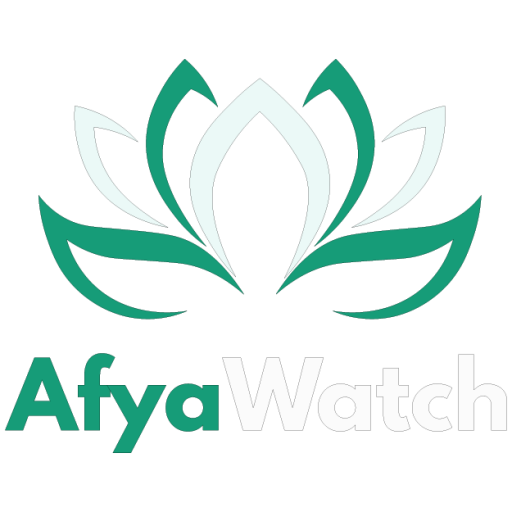What do you know bout Cervical cancer? Any idea on how to best protect yourself? Stay with me as I share the story of a woman I met in Mombasa county.
At 39 years old,*Mary Soni* not her real name, juggles many roles. She’s a business-woman, a mother and a mentor in her community in the Jomvu Kuu area in Mombasa County on the Kenyan coast.
Mary was healthy until two years ago when she started feeling uncomfortable in her vagina. She rushed to the nearby health center where she was advised to do some medical tests. It is then that she was told she had cervical cancer.
With the help of family and friends, she was able to get the money that they fundraised for her medication to go to Tanzania for radiotherapy.
“Doctors advised me that I should look for a hospital that can perform radiation very fast so as to stop the spread of the cancer. I told my family and friends about my condition and they did a fundraiser for me and I was taken to Dar es Salaam that is where I did my radiation. And now I’m feeling much better.’ She said.
Cervical Cancer Vaccine
Mombasa County on the Kenyan Coast is alarmed by the low uptake of the Human Papilloma Virus (HPV), a vaccine against cervical cancer amongst girls between 10-15 years of age as the disease continues to ravage many families.
Human papillomavirus (HPV) is a viral infection that’s passed between people through skin-to-skin contact, often sexual contact.
Mombasa county Health executive Godfrey Nato opines that few people are turning up for screening. “Our screening rate is very low although it’s above the national average at 33 percent and for every 100 women we screen in Mombasa about 4 of them usually turn positive for cervical cancer, and we are encouraging women to come in large numbers for free testing,” said Nato.
According to latest data, at least 10,800 girls have so far received HPV Vaccine in Mombasa County out of the targeted 800,000.
Mombasa county health executive Godfrey Nato wants more residents to be screened for cancer.
Cancer continues to cause economic pain for many Kenyans owing to the high cost of treatment.
“Cancer is very expensive and that is why we are asking people to get vaccinated early. Cervical cancer is the common cause of deaths in Kenya and globally and therefore as a county we have to take the initiative to screen,” added Nato.
Nato said, screening allows for early detection of precancerous changes and sometimes it can be detected before any signs or symptoms occur.
“Cervical Cancer is a very silent killer disease, if you fail to diagnose it early, I tell you it will be very costly, let’s take advantage of the vaccine so that we can protect girls from the disease, “said Nato.
Mombasa county public health officer Pauline Oginga encouraged parents to take their girls under the age of 10 years to ensure they get Human Papilloma Virus (HPV), a vaccine against cervical cancer.
She also asked Kenyans to register themselves in the National Health Insurance fund NHIF.
“We urge parents and mother’s to bring their daughters for vaccines so that we can prevent cervical cancer disease.
Cervical cancer is the second leading disease in the country, and Mombasa County has embarked on free cancer awareness, to ensure people get the required health services”, said Oginga.
The free Services being offered at the Kongowea market center include cervical cancer, breast cancer testing, Covid-19 vaccination and HIV testing.












